|
|
|
|
The insurgency that was started in late 2017 in Mozambique’s Cabo Delgado province by a group known as Al-Shabaab has grown in scale, frequency and brutality. In the most brazen and deadliest attack to date, the insurgents last week attacked shops, banks and a military barracks, killing dozens of people in the town of Palma. Theo Neethling offers insights into the dynamics of the area. These include a commitment by multinationals to invest billions to exploit rich reserves of liquefied natural gas off the coast. And a local community that feels aggrieved at the way they’ve been treated since the multinationals moved in, compounding decades of
neglect by the central government in Maputo.
Australians are used to living in a land of extremes. This month it was New South Wales’ turn, when colossal rains inundated the state. But as Earth hurtles towards a temperature rise of 3℃ this century, how much worse will it get? A group of eminent Australian scientists has examined that question. And the answer is terrifying. As Ove Hoegh-Guldberg and Lesley Hughes write, this is not an imaginary future dystopia. It’s a scientific projection based on current emissions trajectory.
|
Thabo Leshilo
Politics + Society
|

|
|
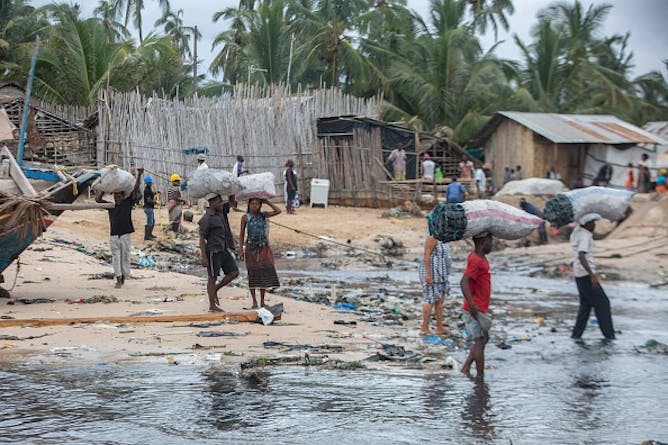
People displaced by the atacks on the town of Palma, northern Mozambique, flee to safety with meagre possessions.
Alfredo Zuniga / AFP via Getty Images
Theo Neethling, University of the Free State
The conflict has put a temporary lid on plans that have been in the making for more than a decade since rich liquefied natural gas reserves were discovered in the Rovuma Basin.
|

Shutterstock
Ove Hoegh-Guldberg, The University of Queensland; Lesley Hughes, Macquarie University
This is not an imaginary future dystopia. It's a scientific projection of Australia under 3℃ of global warming – a future we must both strenuously try to avoid, but also prepare for.
|
Science + Technology
|

Neil Clarke, Coventry University
Participants who ingested caffeine powder burned up to 29% more fat.
| |

Christine Bauer, Utrecht University; Andrés Ferraro, Universitat Pompeu Fabra
Music recommendation algorithms are more likely to suggest music by male than female artists.
|
|
|
Energy + Environment
|
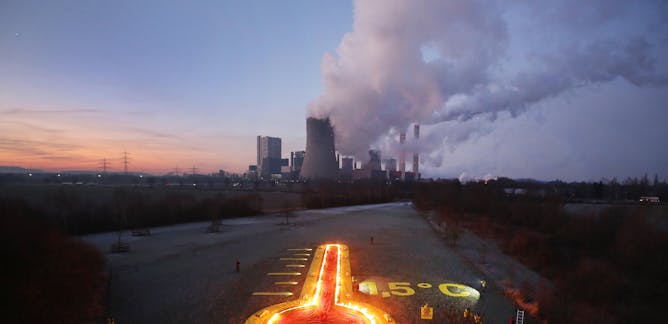
Richard Black, Imperial College London; Catherine Happer, University of Glasgow
Discord and doubt are the last things the world needs at this critical moment.
| |
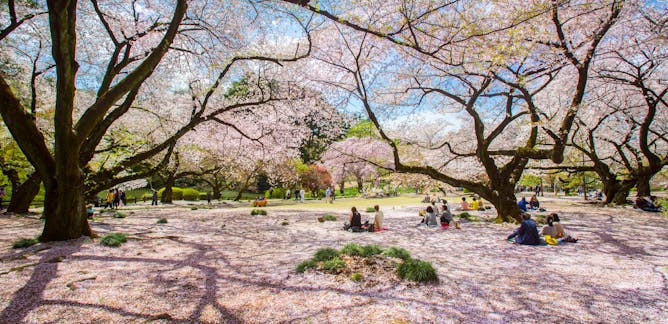
Nozomi Uematsu, University of Sheffield
Eagerly anticipated every year, the sakura season in Japan is a time to appreciate change.
|
|
|
Health + Medicine
|
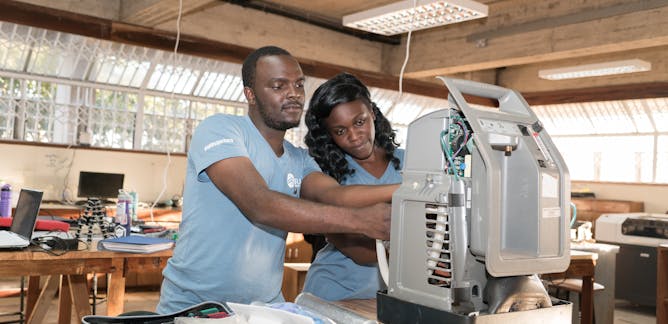
Rebecca Richards-Kortum, Rice University; Theresa Mkandawire, University of Malawi
Engineering students in Malawi and Tanzania have used the materials and tools available to them to build ventilators, personal protective equipment and UV disinfection systems.
| |

Anthony Idowu Ajayi, African Population and Health Research Center; Boniface Ushie, African Population and Health Research Center; Caroline Kabiru, African Population and Health Research Center
The changes that society needs, such as preventing adolescent pregnancies, will not happen until researchers can use their findings to influence policy change.
|
|
|
En Français
|

Muriel Champy, Aix-Marseille Université (AMU)
Pour toute une jeunesse populaire, cet artiste ivoirien a incarné l’ascension sociale par l’irrévérence aux normes et l’émancipation par la mise en œuvre d’un individualisme forcené.
| |
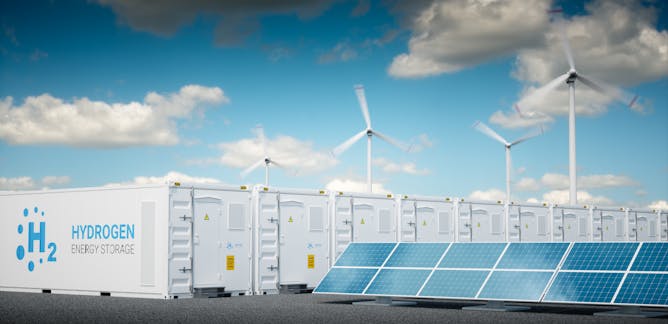
Patrick Criqui, Université Grenoble Alpes (UGA); Carine Sebi, Grenoble École de Management (GEM)
Quelles sont innovations qui vont dessiner les systèmes énergétiques décarbonés de demain ?
|
|
|
| |
| |
| |
| |
| |
| |
|
|
|
|
|
|
|